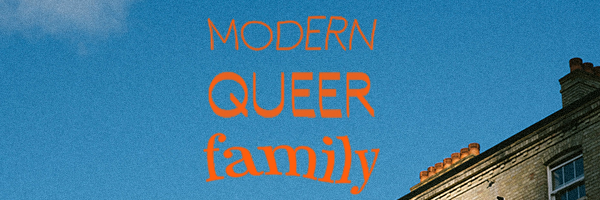How To Raise A Boy In A Patriarchal World – According To Queer Parents
Ren talks about raising their children Phineas (4) and Tabitha (6 months) with their wife KE
I don't necessarily feel men are needed to raise men, just good people in their lives that can shape them to be good people.
Corritta and Mea talk about raising Caleb (2)
We encourage him to be vulnerable with us as his moms, and that we are his safe space.
Gemma and Danielle talk about raising Blaise (22 months) and Wulfie (5.5 weeks)
Children should feel safe to ask questions and have things explained to them. Children aren't born prejudiced, they are not naturally predisposed to discriminate or be unkind, those are learned behaviours.
Andre and Cameron tell us about raising their 13.5-month-old son Tyler
Our advice would be to keep exposing kids to all types of people and culture. Don't keep your kids in a bubble.







